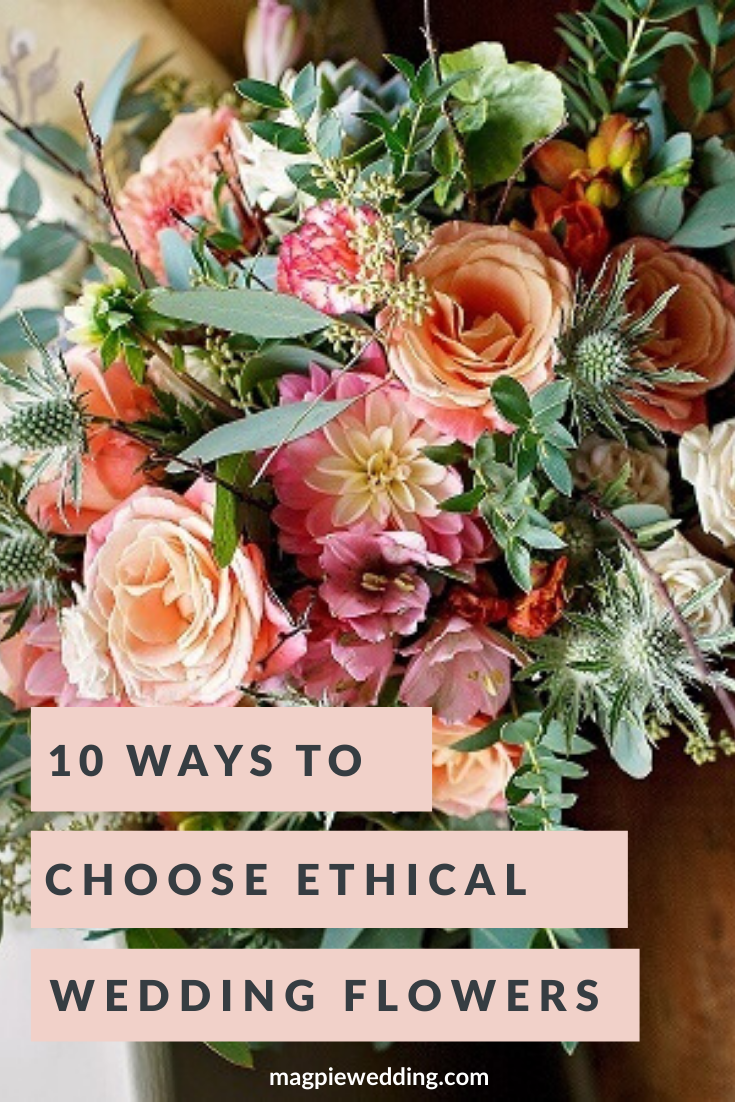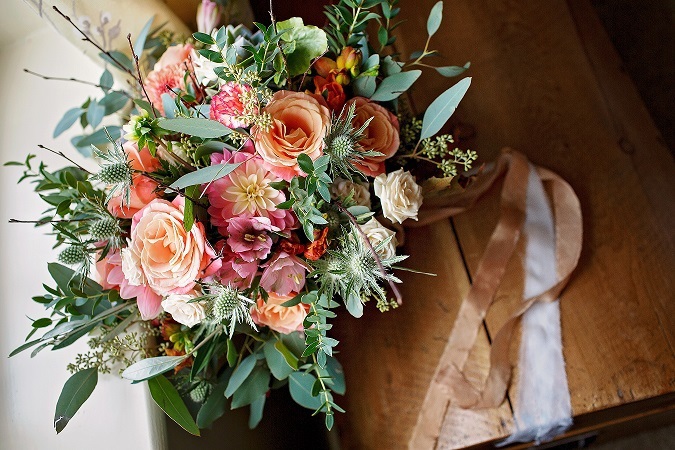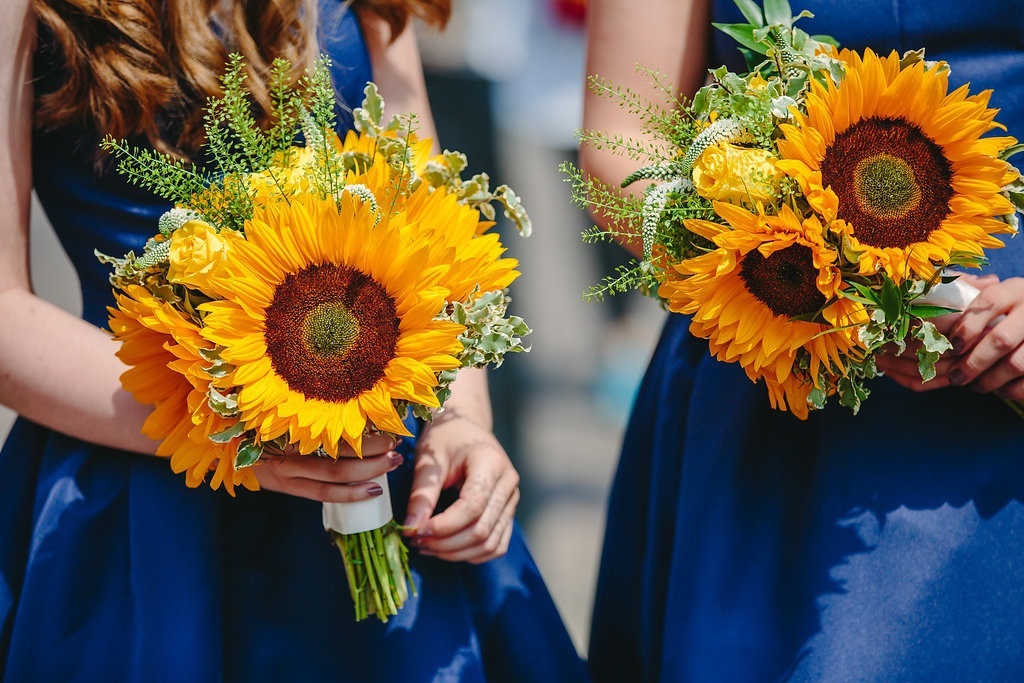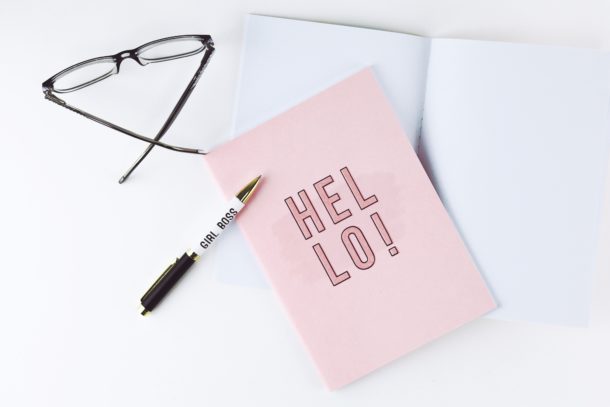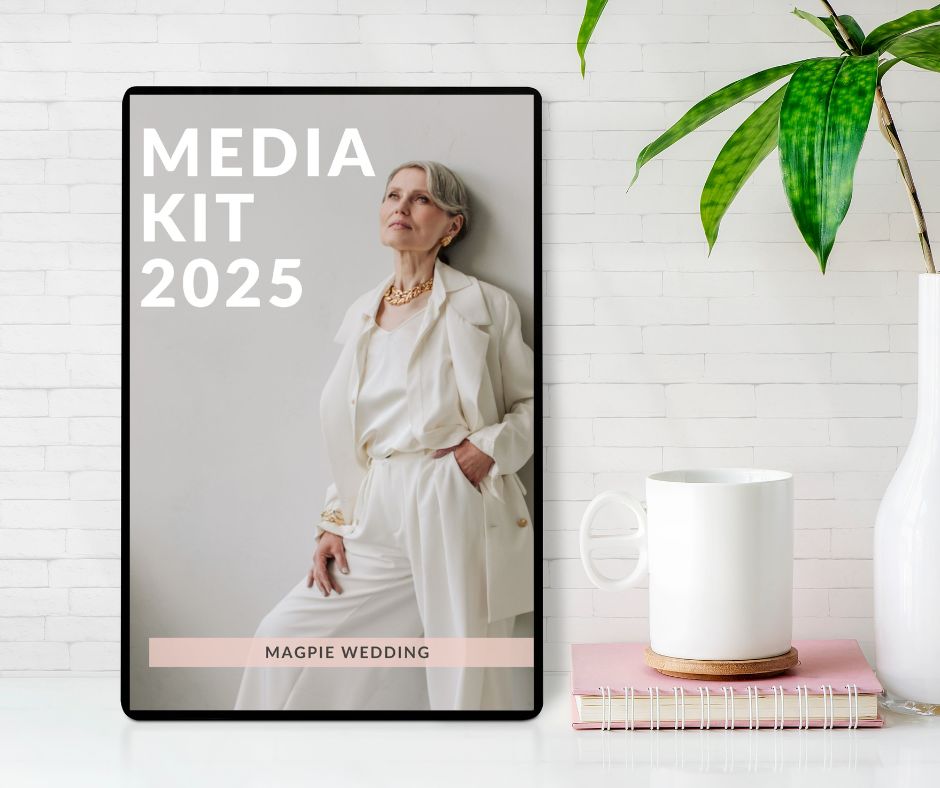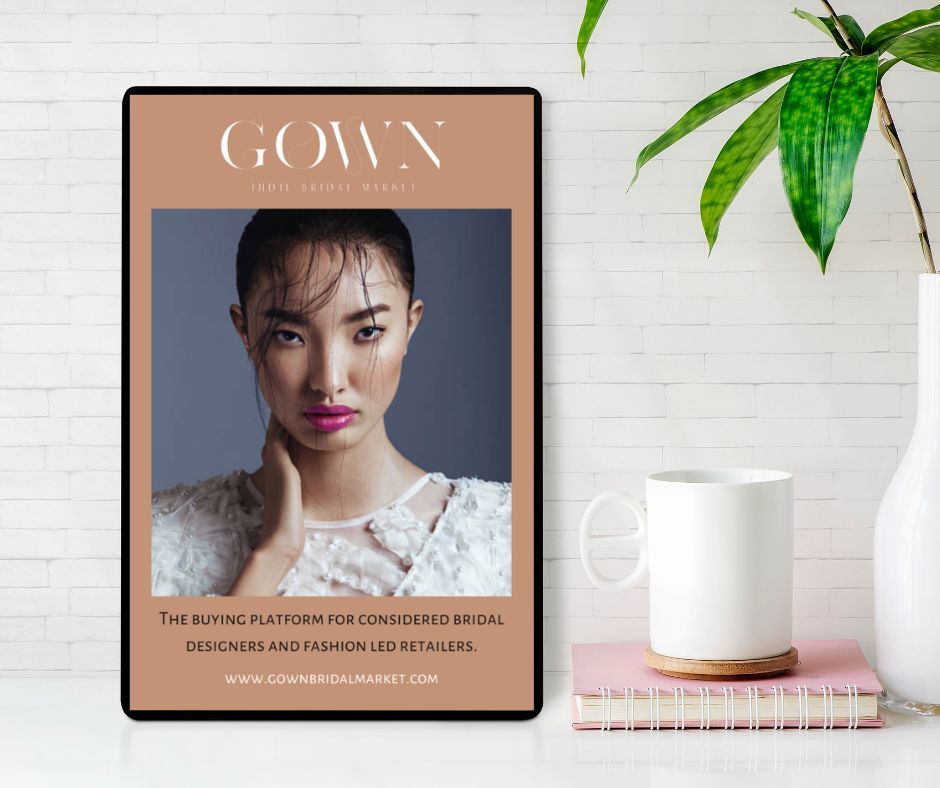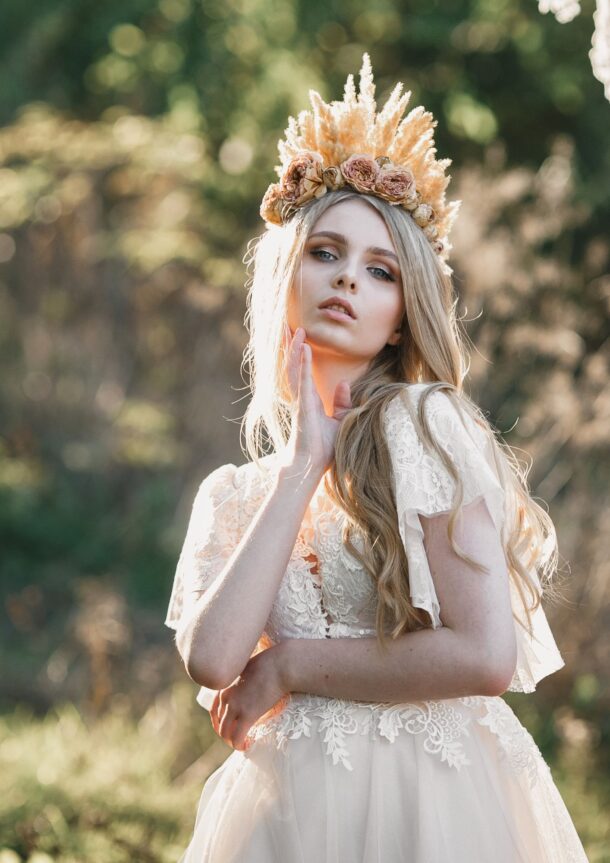There are, of course, many things an engaged couple needs to do to plan their wedding day. Multiple factors, in fact, to think beyond how your flowers will look. If you are an ethical bride, then here are some big things to think about when deciding on your flowers and where they come from. Today, Suzy Randell from Flowers by Suzanne Randell share some tips for couples to ask if they want an ethical wedding as well as for florists wanting to be greener.
CARBON FOOTPRINT
A bunch of flowers can be charmingly simple but it is a miracle of distribution; these blooms may have been grown on farms, scattered around the world, yet they have arrived in your local florist within days of harvest.
80% of the flowers in Great Britain we see in florists’ shops and supermarkets are imported via The Netherlands, Kenya, Colombia and Ecuador.
Flowers in the Netherlands are a huge booming business and they are one of the world’s largest exporters of cut flowers. The Dutch have heated greenhouses and two thirds of European flowers are traded through the Dutch auctions. In the past there has been debate over whether imported flowers are a sustainable option, so consider asking your florist to source via British Flower Farms, which are on the increase and gaining huge popularity for their whimsical/boho style.
BRITISH IS BEST
While florists cannot always use 100% British Flowers (due to the fact that the British flower season is predominantly from April to October) when in season, buying British will dramatically minimise the carbon footprint of importing out of season flowers.
Look up https://www.flowersfromthefarm.co.uk/ which is a network of farmers, gardeners and small scale growers bringing together the best of British flowers. You can navigate by choosing the type of flowers you are looking for, or use the growers’ map to find a flower farm near you.
DONATE
After the big day donate your wedding flowers to the local hospice or retirement home. This way many people get to enjoy your beautiful flowers and you can bring joy to those who are in need of a lift.
CONSIDER VOLUME
Re–use all the bouquets as table arrangements when you arrive at the venue instead, asking your florist to supply vases for the tables. Perhaps reuse your chair ends flowers onto the reception tables. You need to consider do you NEED the volume you have ordered from your florist?
DRIED FLOWERS
One of the hottest flower trends are dried flowers among style savvy brides, and it is also down to increased awareness of nature and environmental issues. Many flowers can be dried or harvested dried including pampas grass, scabious seed pods, craspedia, eucalyptus, dried amaranthus, and classic blooms such as hydrangea, delphiniums and protea.
FORAGING
Ask your florist if any of the flowers used for your wedding can be foraged, there is so much foliage which can be found, such as trailing ivy, tree ivy, thistle and grasses, as well as twigs, bark and lichens. Under the 1981 Wildlife and Countryside Act it is illegal to pick flowers in public parks or community gardens or roundabouts, so just make sure they have permission from the landowner or council first!
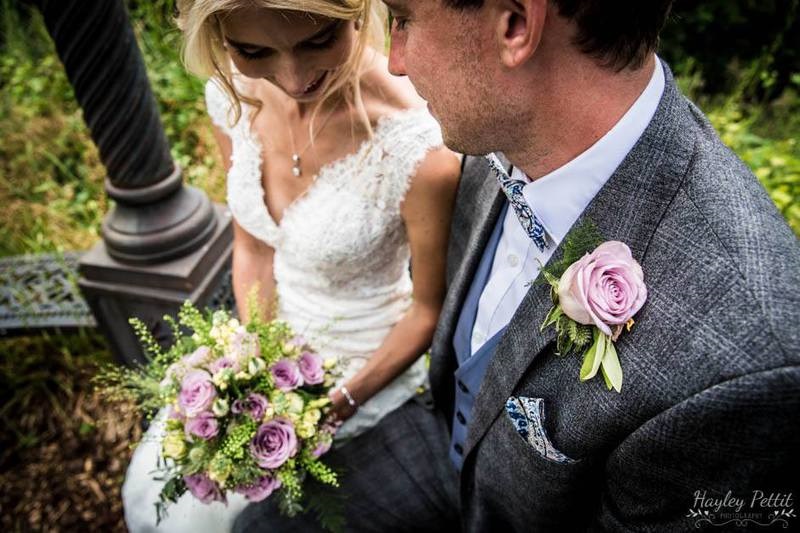
Image by Hayley Pettit
SUPPORT SUSTAINABLE FLORISTS
There are florists out there who are passionate about sustainability. When looking for florists to work with you on your wedding flowers look for those who don’t use floral foam or plastic, who source local or ethically certified flowers and who are transparent about the ways they are working to be ethical and sustainable in their industry.
RECYCLABLE PRODUCTS
Florists can re-use items such as; water – when cleaning out flower buckets and vases, unwanted dirty water can be recycled to be used for watering shrubs and plants within the garden, jam jars or urns, and basically anything we can re-use again, including chicken wire which can be moulded into a container. Any cardboard used as packaging of flowers, plants, or sundries can be recycled when taken to the tip. Also green stems, residue of cut materials all are recyclable with green waste being kept separate from other materials. Many of the glass vases and water tubes are produced from recycled materials. Obviously any paper packaging used for printing quotes or invoices is 100% biodegradable and recyclable.
EXPLOITATION IN THE SUPPLY CHAIN
The floriculture industry in some countries employs tens of thousands of people, mainly women, on plantations. There are also sadly child labour issues when it comes to specific flower supply chains, most notably roses. India is also a large producer of roses, and there have been multiple cases of slavery found in these supply chains. Support IJM, as with many other industries such as coffee, chocolate or makeup, IJM works to remove slavery and bonded labour from supply chains at the source of the problem. They’re currently running their Slave Free campaign, which includes the floral industry.
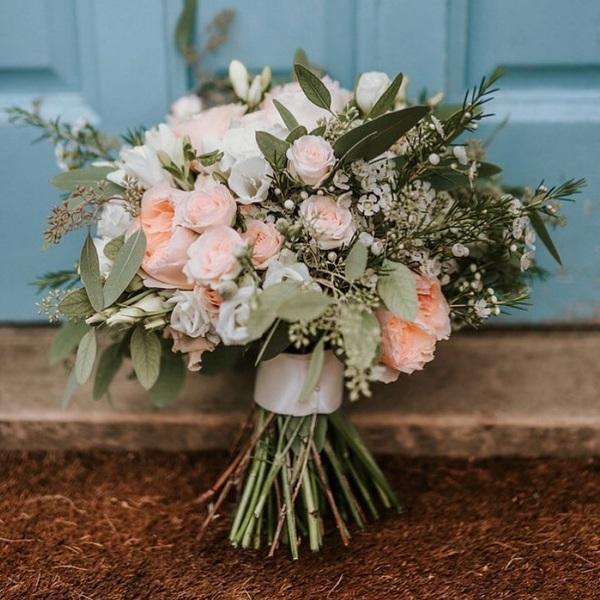
CERTIFIED OPTIONS
Check out the link for Fairtrade flowers and where to buy them https://www.fairtrade.org.uk/Buying-Fairtrade/Flowers There is not always a guarantee of organic flower so also look for flowers that are certified by organisations such as LEAF, The Soil Association or Rainforest Alliance.
As is often the case, there is never one simple answer to industries that are international and complex, however there are ways to purchase flowers more consciously and sustainably. Ways that mean you get to appreciate their beauty, but also avoid exploitation and environmental degradation too. It is possible, if we actively seek out better options to have ethical flowers. Being ethical is our responsibility – it is down to all of us – engaged couples or not, and to ensure that future generations can appreciate a natural world without pollution, plastic and exploitation.
IF YOU LOVED THIS ADVICE PLEASE SHARE IT OR PIN IT!
